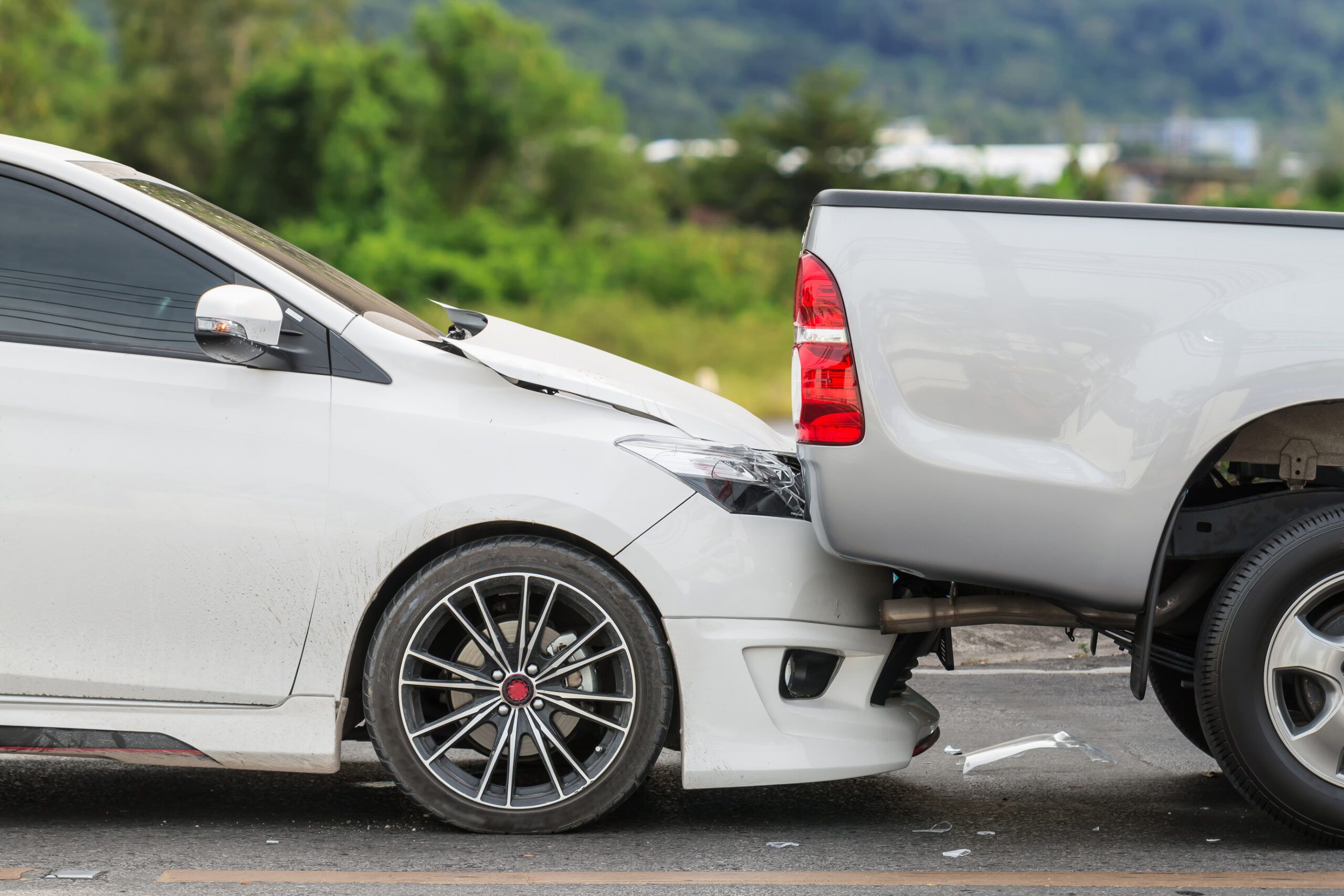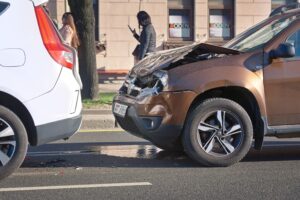Collision Course: Identifying the Most Common Types of Motor Vehicle Accidents
Every drive holds potential hazards, but some traffic incidents occur more frequently than others. While each crash is unique, many share similar characteristics and causes. Speaking with a car accident lawyer can help you understand your options.
Knowledge can bring a measure of calm when searching for answers after a traffic incident. Many crashes, though chaotic, fall into identifiable categories.
Table of Contents
Rear-End Collisions
Rear-end collisions happen when one vehicle crashes into the vehicle in front of it. They often occur in traffic or when a lead driver slows or stops suddenly. Many of these frequent car crashes involve a chain reaction with multiple vehicles.
These typical vehicle collisions can happen anywhere. They happen on busy city streets and fast-moving highways, and stop-and-go traffic is a common setting for this type of accident.
Common Causes of Rear-End Crashes
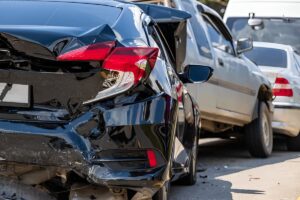
Driver distraction is a major cause of these common motor vehicle accidents. Following too closely, or tailgating, also leads to many rear-end incidents. Sudden braking by the front car sometimes leaves the following car no time to stop.
Speeding reduces a driver’s reaction time, and wet or icy roads make it harder to stop, increasing the risk of these common car accidents. Poor vehicle maintenance, like worn brakes, also contributes.
Angle or T-Bone Accidents
Angle accidents, also known as T-bone crashes, occur when the front of one vehicle strikes the side of another, forming a “T” shape at the point of impact. These frequent car crashes usually happen at intersections.
The side of a vehicle offers less protection to occupants than the front or rear. T-bone collisions often result in significant injuries.
Why Intersection Accidents Occur
Running a red light or a stop sign is a primary cause of angle collisions. A driver might misjudge the speed of an oncoming car when turning, and failure to yield the right-of-way also leads to these common car accidents.
Distracted driving, like texting or eating, plays a big role in these typical vehicle collisions. Sometimes, poor visibility (like fog) at an intersection contributes, and obstructions from buildings or trees make it hard to see other vehicles.
Sideswipe Incidents
Sideswipe accidents happen when the sides of two vehicles traveling in the same or opposite directions make contact. These common motor vehicle accidents often occur when a driver fails to stay in their lane.
Even a minor sideswipe might cause a driver to lose control, which sometimes leads to a more serious secondary crash. These incidents are a frequent type of car crash on multi-lane roads. Highways and city streets with several lanes are common locations.
Preventing Sideswipe Collisions
Changing lanes without checking blind spots is a frequent error that leads to these typical vehicle collisions. Always check your blind spots before changing lanes, and use your turn signals to communicate your intentions to other drivers.
Avoid distracted driving. Staying focused on the road helps maintain lane discipline. Driver fatigue also leads to drifting out of a lane, increasing the risk of this common type of motor vehicle accident.
Aggressive driving, such as weaving through traffic, significantly raises the chances of a sideswipe. These actions help reduce the risk of becoming involved in these common car accidents.
Head-On Collisions
Head-on collisions involve the front ends of two vehicles striking each other. These accidents often happen when one vehicle crosses the centerline or median into oncoming traffic.
While not the most frequent type of crash overall, head-on collisions are the most common type of motor vehicle accidents resulting in fatalities. The combined force of two vehicles moving towards each other makes these impacts incredibly dangerous.
Factors Leading to Head-On Incidents
Driving under the influence of alcohol or drugs is a significant factor in these frequent car crashes. Extreme fatigue sometimes causes drivers to fall asleep and drift into opposing lanes.
Another cause is improper passing on two-lane roads, where a driver misjudges the distance and speed of oncoming traffic. Some head-on collisions result from a driver losing control due to speeding, a tire blowout, or swerving to avoid an obstacle.
The injuries from head-on collisions are often catastrophic and include severe head and brain injuries, spinal cord damage, and multiple fractures.
Single-Vehicle Accidents: Losing Control
Single-vehicle accidents involve only one car, truck, motorcycle, or other motor vehicle. These accidents happen when a driver strikes a stationary object like a tree, pole, or guardrail. Other examples include running off the road and rollovers.
Common Scenarios in Single-Car Crashes
Speeding is a common cause, especially on curves, when the driver loses control due to excessive speed. Driver fatigue or falling asleep at the wheel often leads to running off the road. Driving under the influence of alcohol or drugs impairs judgment and reaction time and may lead to a wreck.
Poor weather conditions like rain, snow, or ice make roads slippery, increasing the chances of a single-vehicle crash. Swerving to avoid an animal or debris on the road sometimes results in a wreck.
Vehicle malfunctions, like tire blowouts or brake failure, also cause these common motor vehicle accidents.
Other Frequent Car Crashes
Beyond the major categories, other types of collisions are also fairly common, including:
- Low-Speed Impacts: Many common car accidents happen at low speeds. Parking lots are frequent sites for fender benders and scrapes, and backing-up accidents are also common in these areas.
- Multi-Vehicle Pile-Ups: These common motor vehicle accidents involve three or more vehicles in a chain reaction. They often occur on busy highways, sometimes in foggy or icy conditions. One initial collision leads to subsequent impacts, especially if a commercial truck is involved.
- Accidents Involving Pedestrians or Cyclists: Collisions with pedestrians or cyclists are serious and common types of motor vehicle accidents, particularly in urban areas and near crosswalks. Drivers failing to yield to walkers and cyclists is a major concern.
Broader Influences on Car Crashes
While driver actions are central to many common types of motor vehicle accidents, other elements also contribute. These factors often create environments where typical vehicle collisions become more probable.
Dangerous Road Designs and Conditions
The design and maintenance of roadways affect driver safety. Poorly designed intersections with limited visibility increase the risk of angle collisions. Inadequate signage or malfunctioning traffic signals confuse drivers, leading to frequent car crashes.
Potholes, uneven pavement, or debris on the road create hazards that might cause a driver to lose control. Construction zones, if not properly marked or managed, also become sites for common motor vehicle accidents.
Vehicle Equipment Failures
Sometimes, the vehicles themselves contribute to accidents. Tire blowouts suddenly affect a car’s handling, often causing a driver to swerve or lose control. Brake failure is another critical malfunction; preventing a collision is very difficult without reliable stopping power.
Defective steering components or suspension problems make a vehicle unsafe and more prone to involvement in typical vehicle collisions. Regular vehicle maintenance helps reduce these risks, but unexpected failures occur.
Environmental Challenges
Nature and the surrounding environment present their own set of challenges that lead to car crashes. Glare from the sun, especially at sunrise or sunset, temporarily blinds drivers. Heavy rain, snow, or fog dramatically reduces visibility and makes roads slick.
Animals darting onto the roadway, particularly in rural areas or at night, cause drivers to react suddenly, sometimes leading to wrecks as they try to avoid the animal.
How a Lawyer Helps After a Motor Vehicle Accident
If a car accident injured you due to someone else’s negligence, you may have a path to compensation. A lawyer assists in the claims process and handles all of the legal complexities on your behalf.
Investigating Your Accident
Lawyers conduct a thorough investigation into the crash. They gather evidence like police reports, witness statements, and photos of the scene. They work to identify all factors that contributed to your car crash. This detailed look helps build a clear picture of what happened.
Dealing With Insurance Companies
Attorneys handle communications with insurance companies. Insurers may try to settle claims for less than their full value. A lawyer advocates for your interests and negotiates for fair compensation after a car accident. They protect you from lowball tactics used by some adjusters.
Calculating Damages

Lawyers assess all your losses from the vehicle collision. This includes more than just vehicle repairs. It’s a comprehensive look at the accident’s impact on your life.
Common damages include:
- Medical Expenses: Lawyers account for all current and future medical treatment needs resulting from the common motor vehicle accident.
- Lost Wages: They calculate income lost from time off work during recovery from these common types of motor vehicle accidents. This includes potential future lost earning capacity.
- Pain and Suffering: Attorneys work to value the non-economic impact, like physical pain and emotional distress, caused by the crash.
- Property Damage: Lawyers assess and quantify the costs of repairing or replacing your damaged vehicle and personal property due to the accident.
- Rental Car Expenses: If a vehicle is unusable, attorneys include the cost of rental cars while repairs are being done in the claim.
- Home Modifications: When injuries require home modifications for accessibility, these expenses are factored into the damages calculation.
Negotiating Settlement or Preparing for Trial
Lawyers aim for fair settlements through negotiations. If an agreement isn’t reached, they prepare your case for trial and represent your interests in court, arguing on your behalf for fair compensation due to the accident.
Navigating Legal Procedures
Personal injury lawyers manage all legal paperwork and deadlines, so you can focus on healing. They understand court rules and procedures and will protect your rights from start to finish.
FAQ for the Most Common Types of Motor Vehicle Accidents
Where Do the Most Common Motor Vehicle Accidents Typically Happen?
Most common motor vehicle accidents occur in various locations. Some types of accidents are simply more prone to occur in specific areas. For example, intersections are hotspots for T-bone or angle crashes and some rear-end shunts.
Highways are often the scene of rear-end collisions, sideswipes, and sometimes severe head-on incidents. Minor impact crashes usually occur in parking lots and reduced-speed areas.
How Does Driver Behavior Contribute to Car Crashes?
Driver behavior is a leading factor in the vast majority of frequent car crashes. Distracted driving, such as texting or eating, takes a driver’s attention away from the road. Speeding reduces reaction time and increases impact severity.
Driving under the influence of alcohol or drugs severely impairs judgment and motor skills, contributing to many common types of motor vehicle accidents.
How Can Weather Conditions Cause Vehicle Collisions?
Weather conditions play a role in many vehicle collisions. Rain can make roads slick and reduce visibility, and fog creates dangerous low-visibility situations, increasing the risk of multi-vehicle pile-ups.
Snow and ice make it difficult for drivers to control their vehicles and stop safely, leading to many common car accidents.
What Should I Do After a Car Crash?
After seeking necessary medical attention for your injuries sustained in a motor vehicle accident, it’s important to take some steps to protect your claim:
- Document Everything: Record the precise location, date, time, and weather and road conditions at the time of the crash. Note the make, model, color, license plate numbers, and any visible damage to all vehicles involved. Collect the names and contact information of any witnesses.
- Don’t Talk With an Insurer Alone: Avoid giving statements to insurance companies without consulting with an attorney. They may try to get you to say something that hurts your claim.
- Don’t Post on Social: Refrain from posting about the accident on social media platforms. Even innocent posts may harm your claim.
- Contact a Lawyer: Reach out to a personal injury lawyer to discuss your rights and options.
Charting Your Course to Recovery
If you or someone you loved were injured in a car accident, you may have a pathway to compensation. If you’re ready to explore your legal options and consider your next steps, contact Boohoff Law, P.A. at (813) 445-8161 for a free consultation.
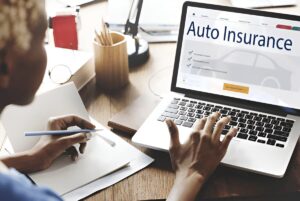



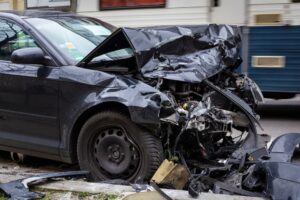

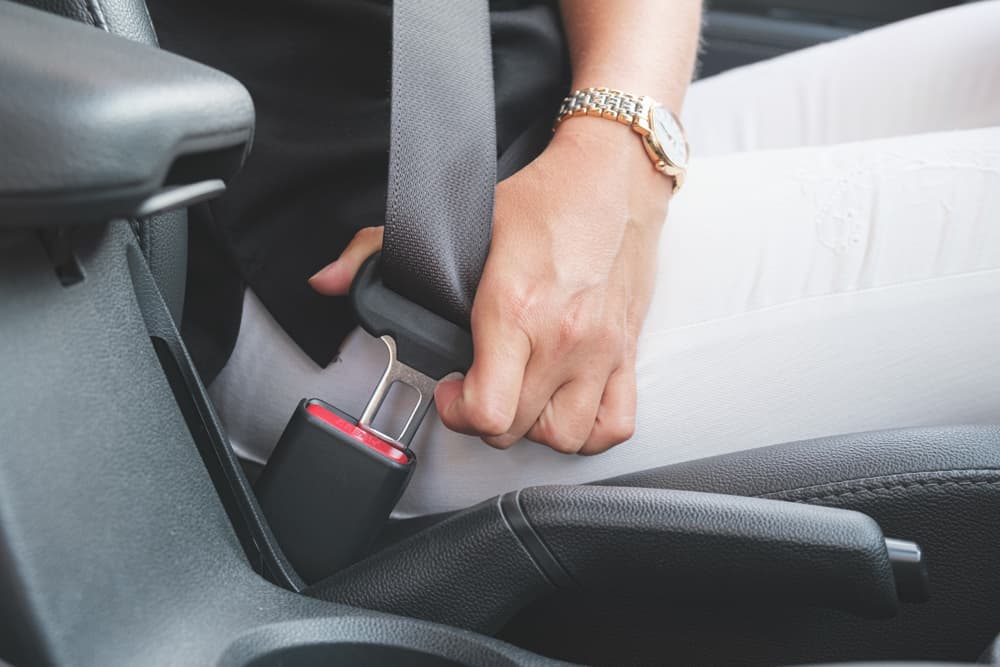
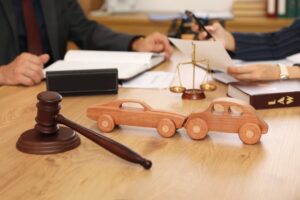



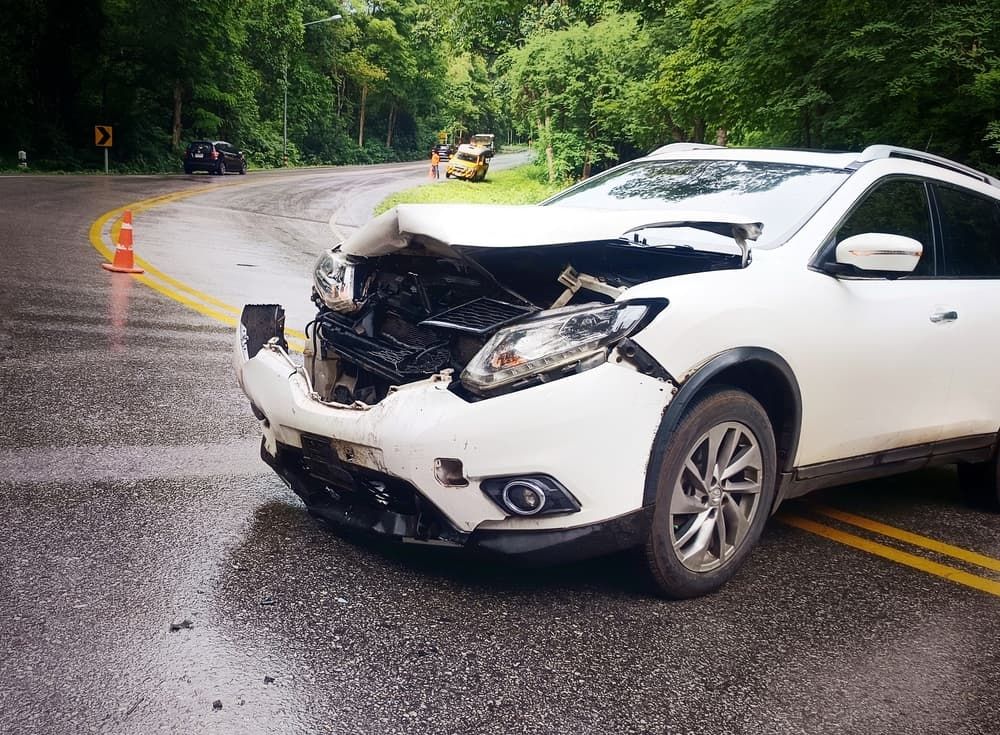
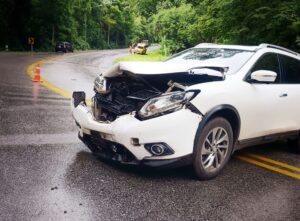



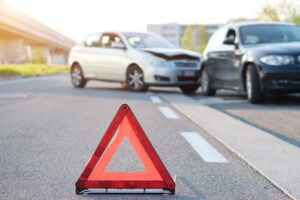

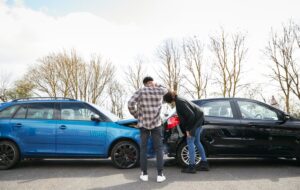
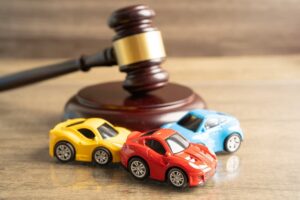


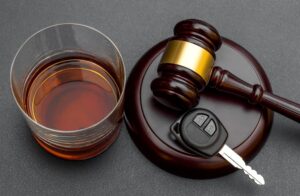

 Many assume parking lot accidents are minor since vehicles typically travel at low speeds in these areas. However, the reality is quite different—parking lot collisions can cause serious injuries, especially when
Many assume parking lot accidents are minor since vehicles typically travel at low speeds in these areas. However, the reality is quite different—parking lot collisions can cause serious injuries, especially when 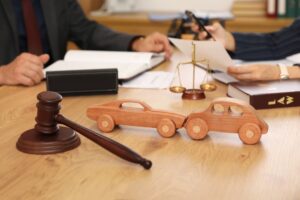 Handling a parking lot accident case can become complex, particularly when multiple parties or entities, such as businesses or government bodies, are involved. An
Handling a parking lot accident case can become complex, particularly when multiple parties or entities, such as businesses or government bodies, are involved. An 